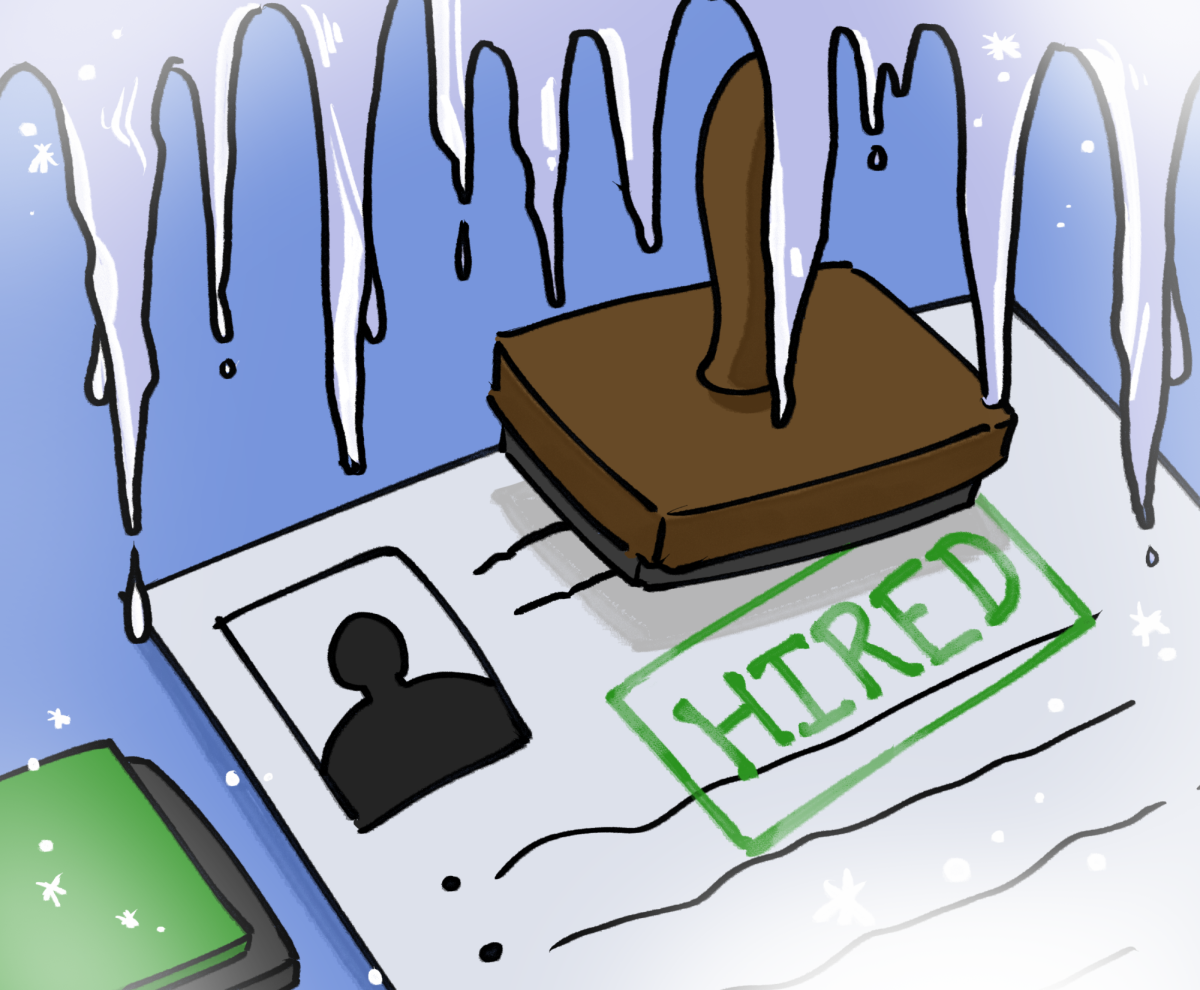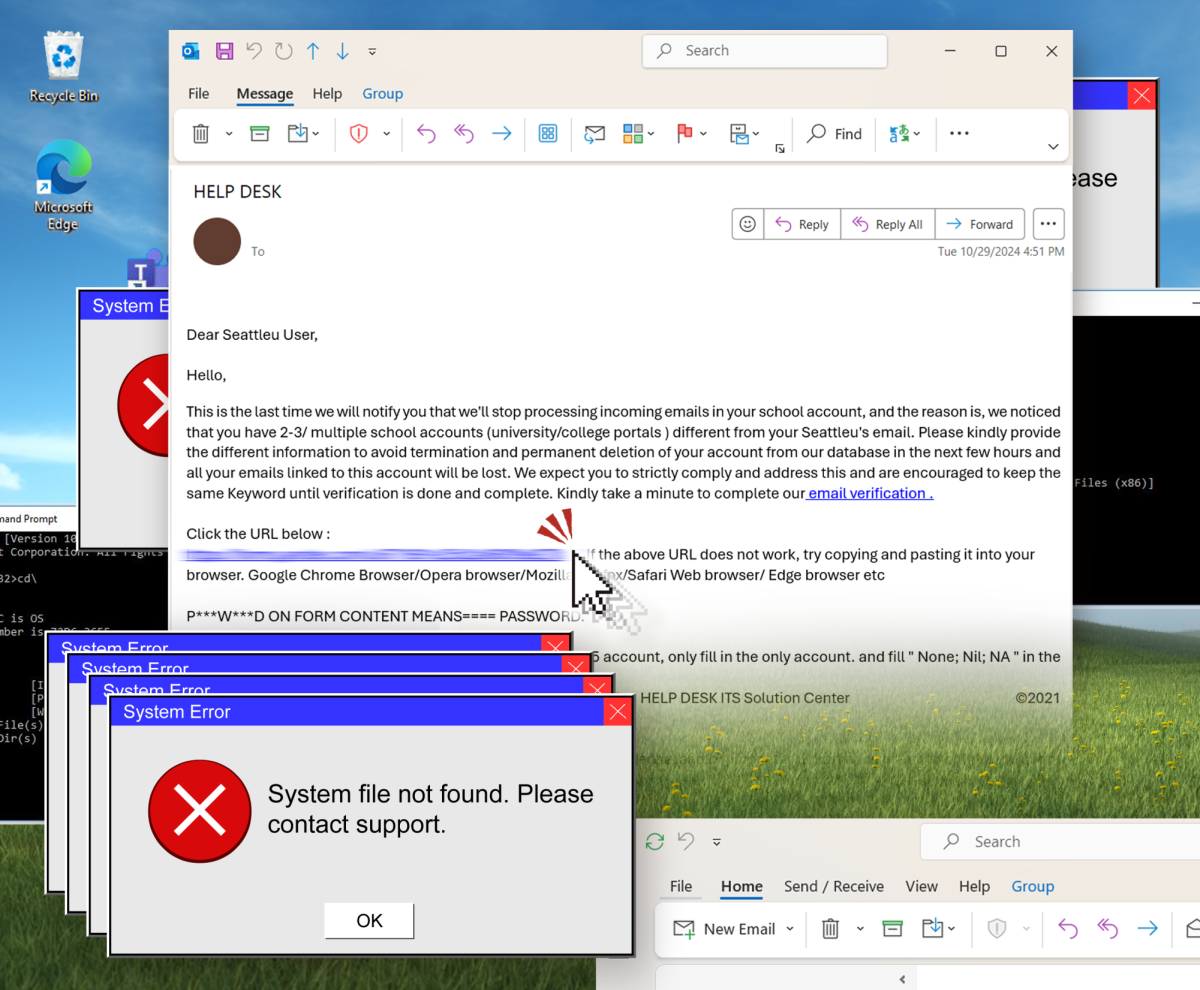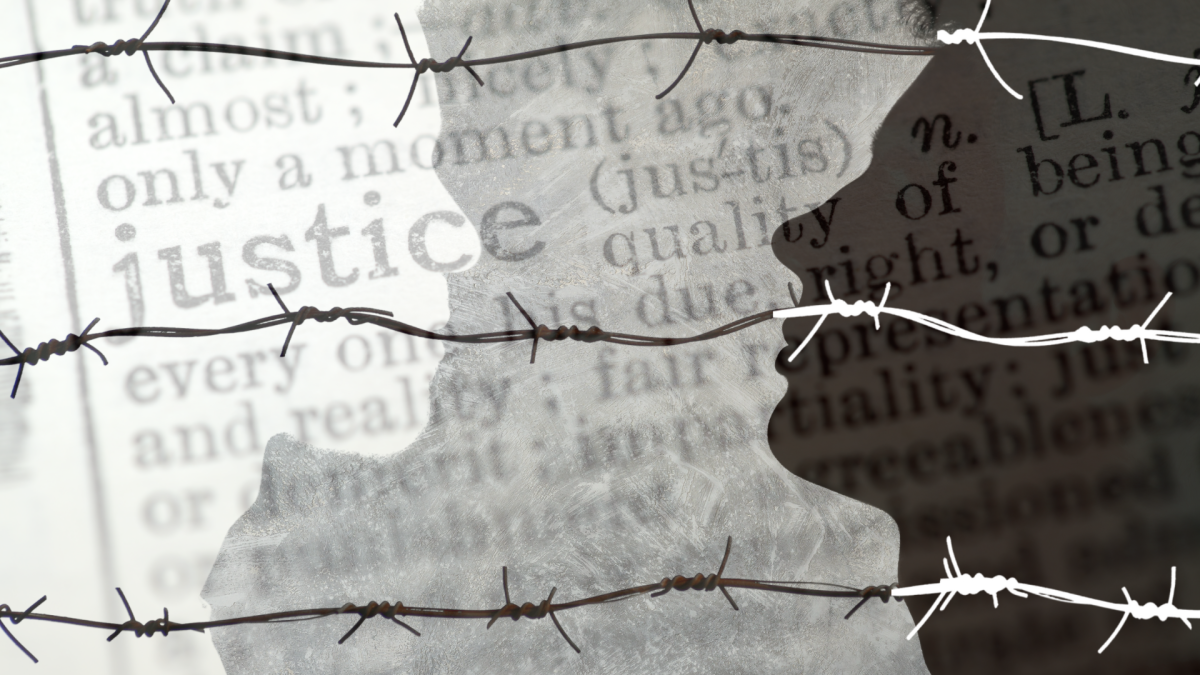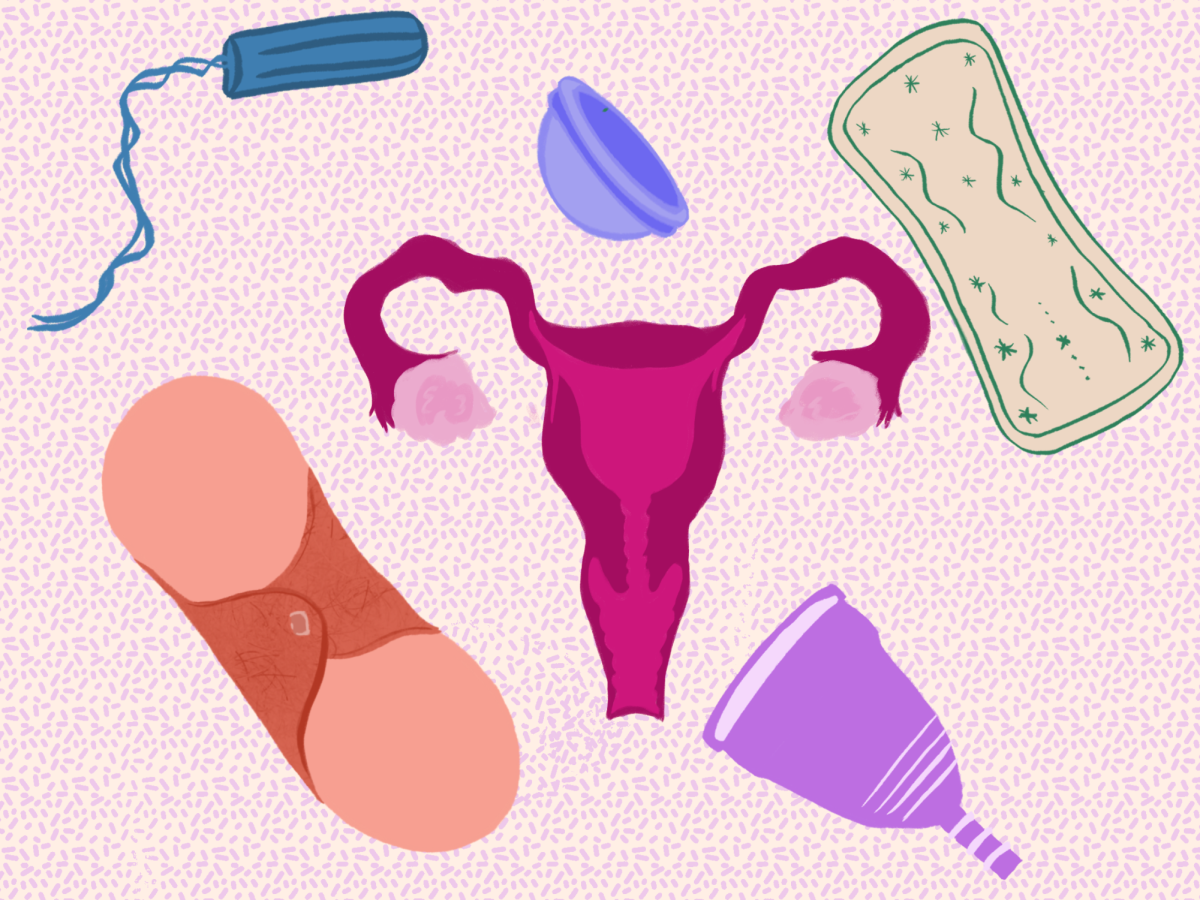Seattle is nicknamed the “Emerald City” for its multitude of luscious trees and parks. Denis Hayes, the founder of Earth Day in 1970, lives here too, in a city leading in sustainability. With climate change being a prominent issue this generation has to face, the little decisions one makes towards living a more sustainable lifestyle can create major impacts on the environment.
However, the city, as well as Seattle U, has a lot more work to do. This being the case, Seattle U’s Center for Environmental Justice and Sustainability (CEJS) held its fifth annual EcoChallenge to promote awareness of steps college students can take towards eco-friendly routines that affect both local and global communities.
Yolanda Cieters, the sustainability manager at CEJS, noted the importance of how environmental justice is a social justice issue, too, and how sustainable lifestyles affect all humans differently.
The EcoChallenge spanned over three weeks in the month of April, each week focusing on a different theme.
“The reason why we have three themes is also just to have different aspects of sustainability and environmental efforts, and showing how diverse it can be, and how you can come from it from so many angles and perspectives and places where you are in your own life,” Cieters said.
One of the first steps to take when working towards living a sustainable lifestyle is the conscious decision-making to use better alternatives. Participants were asked to address the theme of plastic pollution because it is a tangible topic and directly affects an individual’s everyday life.
After reflecting on this, themes focused on what environmental justice looks like in each individual’s life and how it affects people differently. Biodiversity and conservation tied everything together and was the culmination of these efforts to get participants to see how this newfound sense of environmentalism translates onto larger and smaller scales.
Based on a survey the Earth Network sent out, this year’s theme for Earth Day was also focused on plastic pollution, and CEJS wanted to incorporate that into this year’s challenge as well.
Senior Environmental Studies major Layne Ahlstrom, who worked as the program assistant for CEJS, played a huge role in outreach for the EcoChallenge and in developing the weekly themes.
“I’m really excited to see how [the themes] play out and how people reflect on that and the changes that people with their daily life to interact with these different spheres,” Ahlstrom said.
Both Cieters and Ahlstrom stressed how the levels of participation from each contributor worked towards was all their own, and that they could make it as high of a commitment or as low of a commitment as they wanted it to be.
“It is not something that is one event on a certain time and a certain evening where if you can’t make it that night you missed it,” Cieters said. “It is something you can do wherever, whenever you have time for it.”
CEJS set a goal of 100 participants in this year’s EcoChallenge, and ended up with 189 total registrants. Students, faculty, staff, administrators and even alumni were allowed to participate, something that was not done in previous years.
Co-President of Engineers for a Sustainable World (ESW) Angelica De Jesus was among the participants, and although she is already working towards living a sustainable lifestyle, she found the EcoChallenge was a fun and proactive way for students to be more aware of reducing their carbon footprints, and appealed to her competitive spirit.
“The EcoChallenge taught me the many ways I can stay educated on how our planet is changing, what may be harming it environmentally and the many things I can do to help make a difference,” De Jesus said. “It also encouraged me to get out there and partake in the many activities that contribute to a greener environment. Your daily sustainable decisions are one thing, but it is also important to help out your community by volunteering or spreading awareness.”
De Jesus said the best way to stay conscientious of all the little actions we can make throughout the day towards a more sustainable life should come from a place of passion and genuine desire to help the environment, which can be done by staying educated on what positively and negatively affects it.
Director of Learning Assistance Programs Angie Jenkins also participated in hopes of wanting to be more aware of her behavior toward the environment and for the fun prizes at the end.
“It is the regular day to day things that make an impact, so even thinking small can make a difference,” Jenkins said. “I know that I have work to do and will continue to do so, especially as I am raising children and impacting their habits.”
Frances may be reached at
[email protected]









